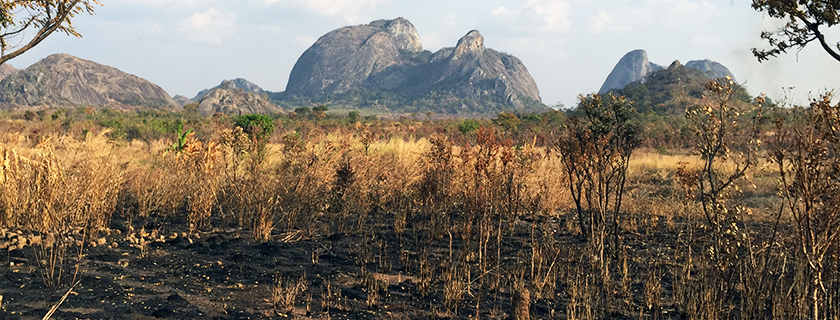Workshops for the REDD+ programme in Mozambique
The Beta/Nemus consortium recently held several provincial workshops and a final seminar regarding the institutional and legal analysis for the implementation of the REDD + programme in Mozambique. This latest campaign lasted two weeks, in which several interviews, meetings, workshops and visits to rural communities were very successfully held in four different provinces across the whole country.
The REDD + programme, sponsored by the Forest Carbon Partnership Fund (FCPF), has the support of the World Bank and aims to promote the reduction of deforestation and degradation of natural ecosystems. In Mozambique, deforestation and degradation are phenomena with great territorial expression, mainly due to illegal logging and the growing expansion of agricultural areas.
The workshops included a presentation and discussion of the work developed by the consortium within the institutional and legal reorganization associated with the REDD + programme, particularly regarding improvements to be made in the relationship with local communities. Three provincial workshops were planned and a final nationwide seminar held in Maputo (September 4th) to discuss the performed works. The regional meetings took place in Lichinga, Niassa province (25 and 26 August); in Beira, Sofala province (31 August and 1 September); and in Xai-Xai, Gaza province (2 and 3 September).
In these working sessions with the key players at a provincial and district level, the institutional arrangements at regional and local levels were debated for the implementation of the programme, as well as a gathering of information on the field on their coordination with the local communities.
The analysis of the new legal and institutional framework of Mozambique for the implementation of the REDD + programme, promoted by the World Bank and the FUNAB (Mozambican Environment Fund), is part of a broader movement to reorganize the Ministry of Environment of Mozambique (formerly MICOA, Ministry for the Coordination of Environmental Actions), now called MITADER, Ministry of Land, Forestry and Rural Development. In this reorganization it is given a great emphasis to the conservation of nature and biodiversity, and to reducing vulnerability from climate change. This new ministerial cycle considers as a decisive factor the involvement of the communities (Mozambique is a country where the rural sector is very important), with rural development considered as one of the major bets of this new government.
Nemus thus reinforces its position as a reference consultant in Mozambique not only in regards to environment and spatial planning, but also in matters linked to governance and regional and local development in a sustainable growth focused political framework.

